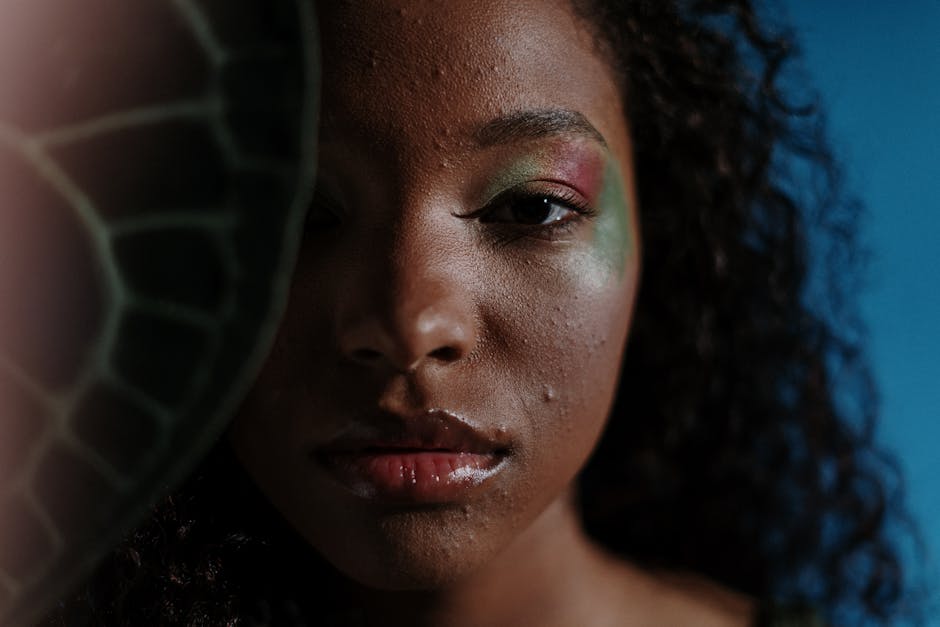Tips And Guide To Cure Acne
Acne is a common skin condition that can affect people of all ages. It is characterized by pimples, blackheads, and whiteheads. Acne can be caused by a number of factors, including genetics, hormones, and bacteria. While there is no one-size-fits-all cure for acne, there are a number of effective treatments available.
**Causes of Acne**
The main cause of acne is the overproduction of sebum, an oily substance that is produced by the sebaceous glands. Sebum helps to keep the skin moist, but too much sebum can lead to clogged pores and the formation of pimples.
Other factors that can contribute to acne include:
* Hormones: Androgens, hormones that are produced in greater amounts during puberty, can stimulate the sebaceous glands to produce more sebum.
* Bacteria: The bacteria Propionibacterium acnes (P. acnes) is found on the skin of most people. In people with acne, P. acnes can multiply and cause inflammation.
* Diet: Some studies have shown that a diet high in processed foods, sugar, and dairy products can increase the risk of acne.
* Stress: Stress can trigger the release of hormones that can worsen acne.
**Symptoms of Acne**
The most common symptoms of acne are:
* Pimples: Pimples are small, red bumps that are filled with pus.
* Blackheads: Blackheads are small, dark bumps that are formed when pores become clogged with sebum and dead skin cells.
* Whiteheads: Whiteheads are small, white bumps that are formed when pores become clogged with sebum.
* Nodules: Nodules are large, painful bumps that are deep in the skin.
* Cysts: Cysts are large, pus-filled bumps that can be very painful.
**Treatment for Acne**
There are a number of effective treatments available for acne. The best treatment for you will depend on the severity of your acne and your individual needs.
Some of the most common treatments for acne include:
* Topical medications: Topical medications are applied directly to the skin. They can help to reduce inflammation, kill bacteria, and unclog pores.
* Oral medications: Oral medications are taken by mouth. They can help to reduce the production of sebum and kill bacteria.
* Laser therapy: Laser therapy can help to reduce the appearance of acne scars.
* Chemical peels: Chemical peels can help to remove dead skin cells and unclog pores.
**Prevention of Acne**
There are a number of things you can do to help prevent acne. These include:
* Wash your face twice a day with a gentle cleanser.
* Avoid touching your face.
* Use non-comedogenic products, which are products that will not clog your pores.
* Eat a healthy diet.
* Get regular exercise.
* Manage stress.
If you have acne, it is important to see a dermatologist to get the best possible treatment. With the right treatment, you can clear your acne and improve your skin's appearance.


